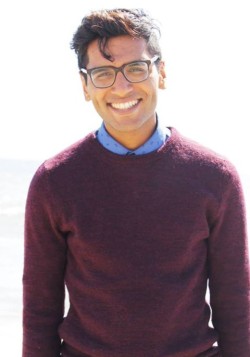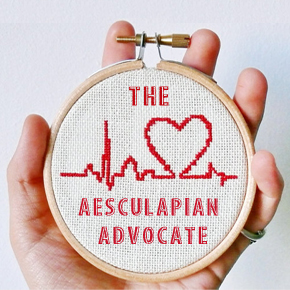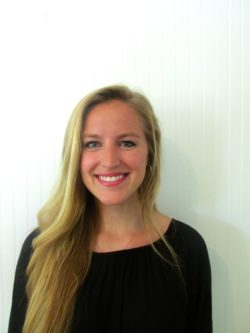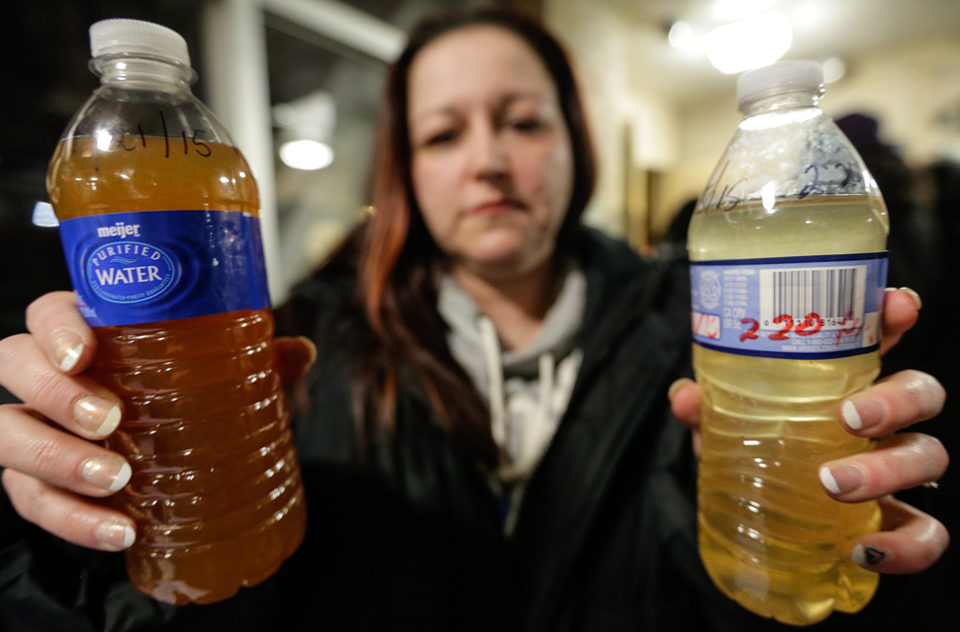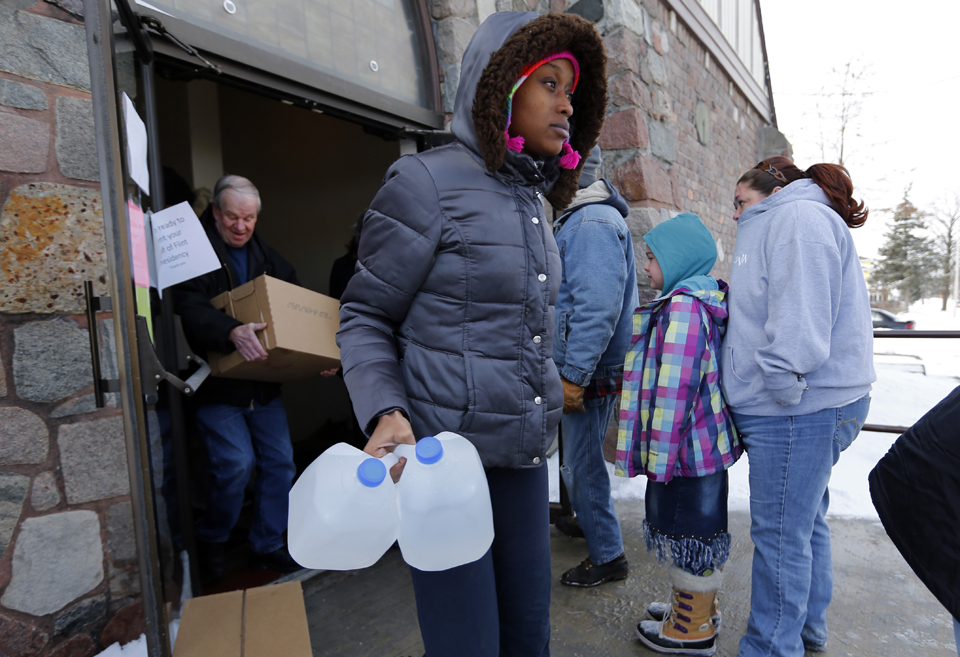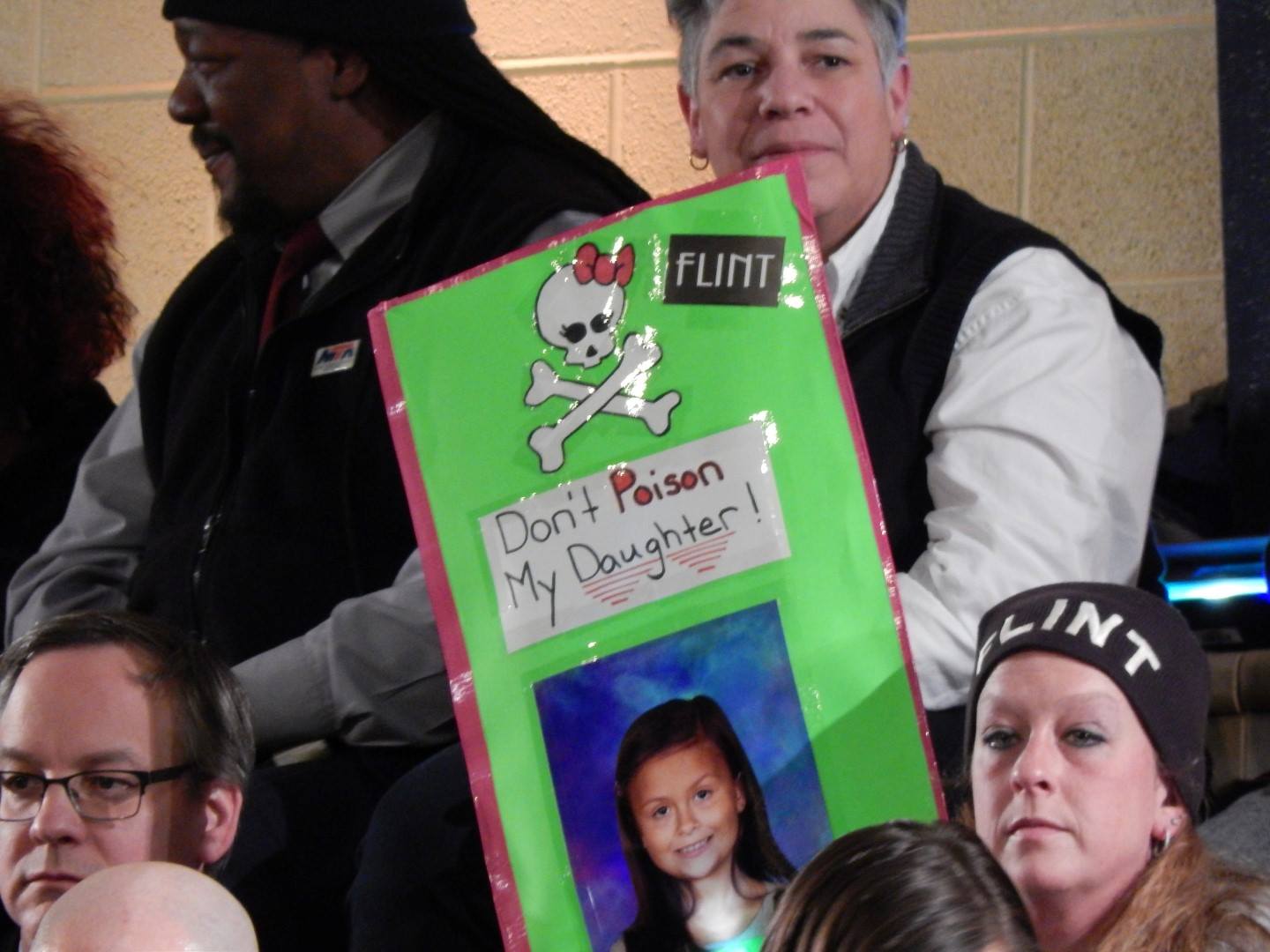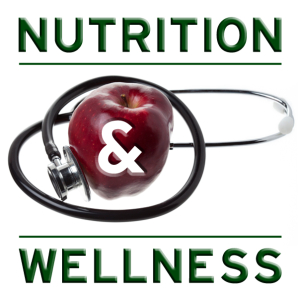Learning to be an Advocate, One Day at a Time
Among my professor’s stories from Lima, the chicken dinner story haunts me most. It features two students from his time as a middle school teacher in one of Lima’s most dangerous outskirt neighborhoods. A young teacher working at a Fe y Alegria school in North Lima, my professor, Kyle, had promised to take them anywhere they desired for dinner in exchange for exam success. The students requested chicken, standard Peruvian celebratory fare.


